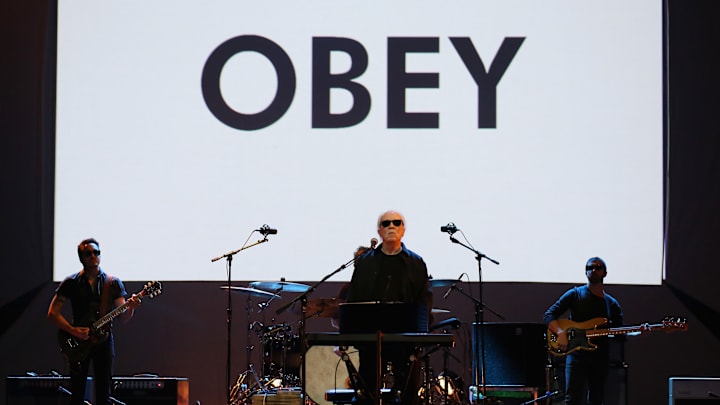The role of music in horror movies is to create and/or enhance the overall atmosphere, tension, and emotional impact of the film. Music in horror films serves several purposes, including building suspense. Horror movie scores often use eerie melodies, dissonant chords, and unconventional instruments to build a sense of suspense and anticipation. The screeching violins in Hitchcock's Psycho are one of the paramount examples of this.
The music helps create a feeling of unease and tension, preparing the audience for upcoming scares. Well-timed musical cues can amplify the impact of jump scares. A sudden, sharp sound or a loud orchestral hit can startle the audience and intensify the fear factor, in addition to the elements that suggest a scare is pending. Music contributes to establishing the mood and tone of the film. Whether it's a haunting melody or a relentless, pulse-pounding rhythm, the music helps immerse viewers in the eerie and unsettling atmosphere of the horror genre.
The right music can emphasize pivotal moments in the plot, making them more memorable and impactful. It can underscore moments of revelation, terror, or climax, adding emotional depth to the narrative. It can help make an unforgettable plot twist more unforgettable and characterize villains. The vast majority of iconic horror movie villains often have their own signature themes or musical motifs, which is part of what makes such films a blast!
Music makes memorable characters and films
These themes become synonymous with the character and contribute to their memorability. For example, think of the distinctive music associated with characters like Norman Bates, Michael Myers, Freddy Krueger, or Jason Voorhees. For an example of music making a film even more memorable, look no further than 28 Days Later (said to be getting a new sequel soon, by the way).
Horror music: Creating a subconscious response
Music has the power to evoke emotional responses at a subconscious level. Similar to how classical has a stimulating effect called the “Mozart effect,” horror (if done well) offers up that spine-tingling sensation. In horror films, composers use this to elicit fear, anxiety, or a sense of foreboding from the audience without relying solely on visual elements. In explaining how important emotion is to the genre (and its subgenres), the website Media Studies notes that the "function of horror to scare, shock, revolt or otherwise horrify the viewer" is more important to horror than "any set of conventions, tropes or styles."
Building catharsis happens to be important. Horror movie scores can play a role in the resolution of tension. The music may evolve to reflect the resolution of the storyline, providing a sense of catharsis for the audience. Overall, the synergy between music and visuals in horror movies is a powerful tool for filmmakers to manipulate the emotions and psychological states of the audience, making the viewing experience more intense and memorable. At the same time, a skilled filmmaker knows when to hold back regarding music, such as Hitchcock's savvy decision to let the bird sounds create most of the tension in his iconic film The Birds. A lot depends on brilliance.
